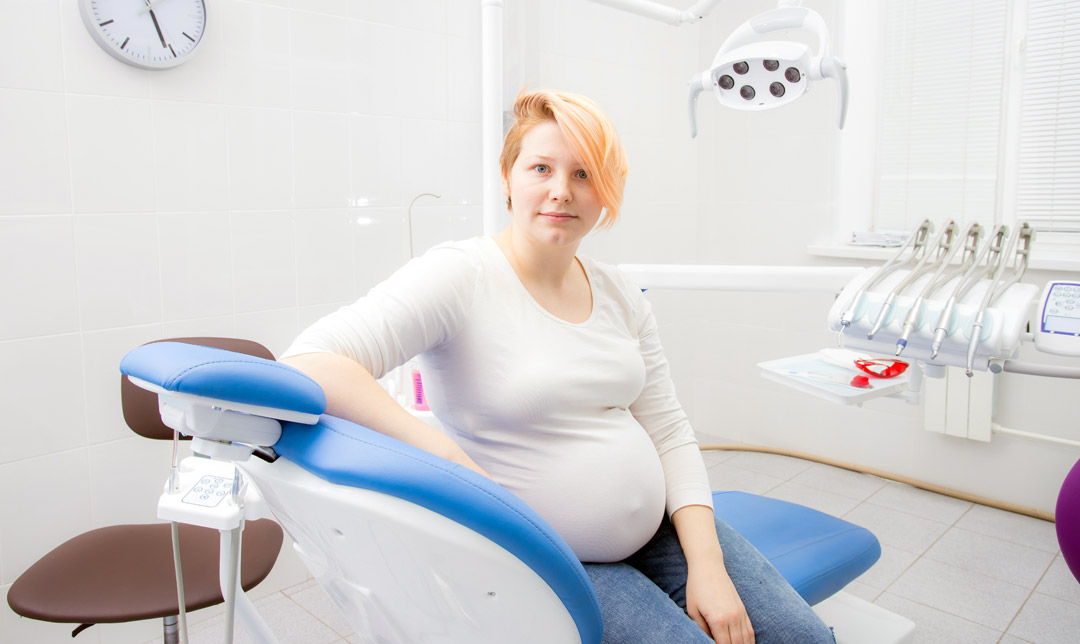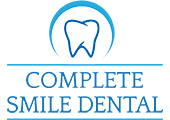Pregnant women experience more oral health issues and complications
Mothers-to-be can experience a wide range of oral health problems and complications during and after pregnancy. There are two ways in which these issues can arise.
Some pregnant women have dental problems that may affect their baby’s development, while others experience them as a result of pregnancy.
Why pregnant women with gum disease are risking the health of their babies
There is two decades worth of clinical research that indicates severe gum disease can impact significantly on a developing foetus. The continual cytokine storm as a result of chronic gum inflammation can have systemic health effects on both the mother and foetus.
Worse still, the pathogenic oral bacteria that caused the gum disease in the first place can enter the mother’s bloodstream and target the foetus. This can trigger premature birth and result in low birth weight along with other complications.
Premature babies can have chronic health, developmental and disability issues. They are also at higher risk of sudden infant death syndrome (SIDS) and often have feeding intolerance issues.
Being pregnant can cause acute dental problems
Pregnancy can put women at risk for a whole host of unexpected dental problems. During pregnancy, women’s hormones, medications, eating habits and personal oral care may change which can increase the risk for a range of dental issues. Other potential risk factors for poor oral health include excessive vomiting and gagging when brushing sensitive areas in the back of the mouth.
The most common dental problems experienced by pregnant women include:
- Hormone-related gum issues including gum inflammation, bleeding of gums, gingivitis and periodontal disease.
- Loose teeth due to ligament laxity associated with high levels of oestrogen and progesterone.
- Tooth decay and cavities from over-consumption of sugary carbs and poor oral hygiene habits.
- Tooth erosion and enamel damage from excessive vomiting.
- Avoiding oral care and hygiene as a result of experiencing retching or gagging when brushing teeth.
- Tooth discolouration of baby’s developing teeth from certain antibiotics, including tetracyclines.
- Pregnancy epulis or pregnancy granuloma, a localised swelling of the gum tissue.

Eat well, brush & see your dentist regularly when you are pregnant
Snack healthily, increase calcium food intake, keep up Vitamin D levels and maintain good oral hygiene during pregnancy for optimum oral health. It is also essential to see your dentist to check, treat and monitor any pre-existing and developing oral conditions during pregnancy. Failure to treat these conditions may affect the health of both mother and child.


